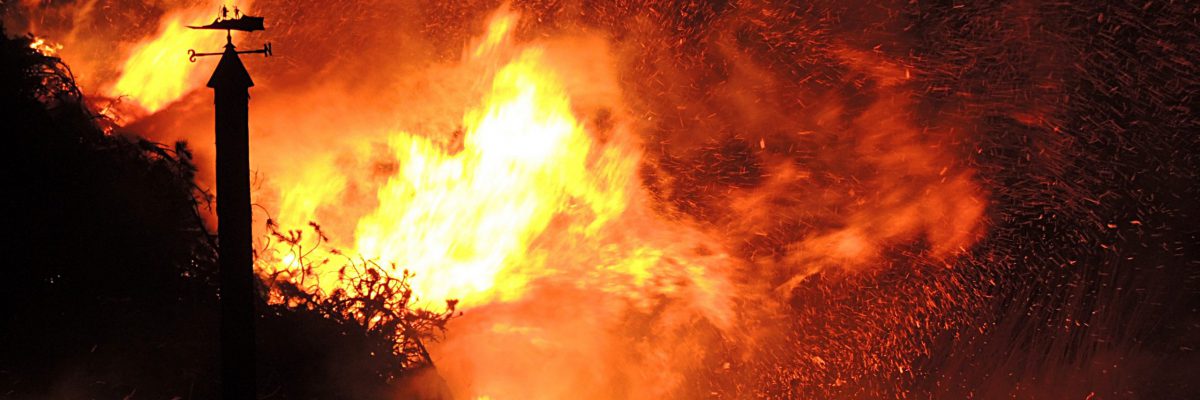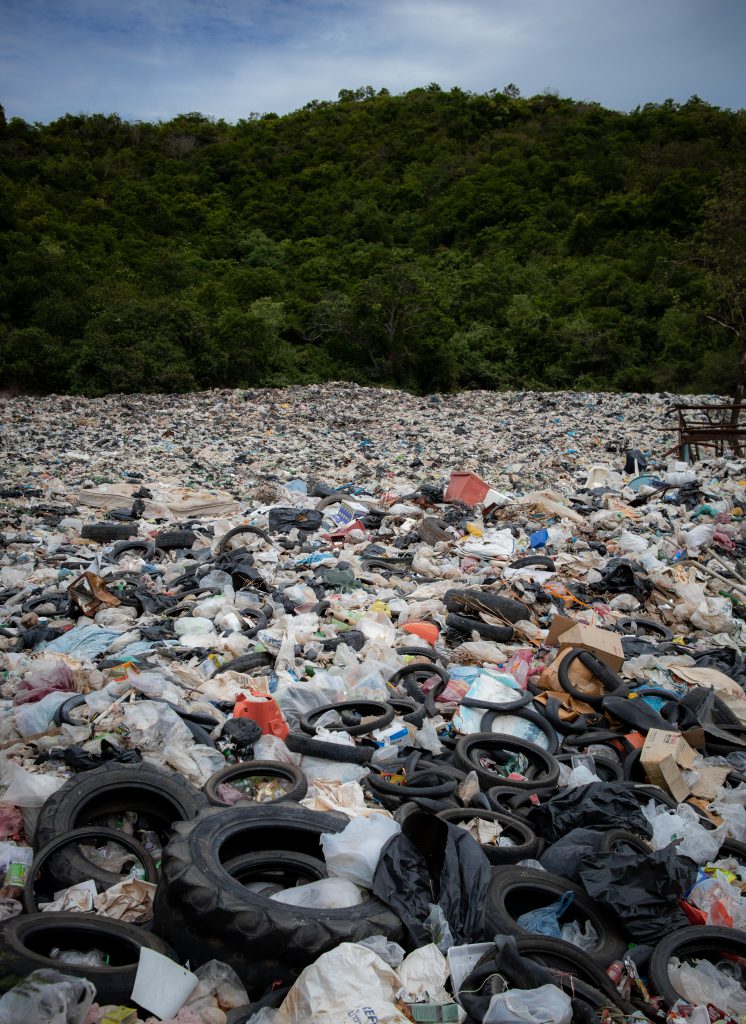The upcoming transition from the previous year’s personal, social, national, international, and economic challenges was, at least for me, a time of introspection. And in preparation for that transition, a year of balance sheets, accounting, and taking stock: accomplishments, consequences, numbers, statistics, fake against real. The switching back and forth that happened to humanity during this global era, without falling into the advancing clichés, looks in relation to global processes like another kind of obstacle in the road. The question is, “where to?”. It appears that the excessive importance the corona pandemic receives in relation to real processes and the enormous challenges which stand before us as humanity encourage the kind of thinking that began to resurface in recent years on the sidelines of standard deviation.
This year’s forest fires in the United States consumed, and continue to comsume, sixteen million dunam of forest in California, Oregon, and Washington. (1) That area is in addition to the huge forested area which continues to burn in the Amazon region, the Philippine Islands, the Congo, Canada, and Siberia. By the way, the fires in America have killed about thirty people and destroyed 7600 residences. Some of these fires were deliberately set by arsonists.
Every day about 25,000 people die of starvation, most of them children, and mainly from the Third World. The United Nations has determined that every day about a billion people around the world suffer from starvation. By the year 2030 Africa will contain about 90% of the world’s poorest population who will earn less than $1 a day. (2) Sweet water is becoming less and less available, and in countries like Ghana, whole regions have been cut off from potable water for many years. This is also the situation in Iran, Syria, Mali, Ethiopia, South Africa, and Iraq. Both air and water pollution figures look like data that I, personally, can’t see how it’s possible to cope with them, to stop, or even “to flatten the curve”. I don’t see any point in expanding the writing about carbon levels (3), tropical storms, the mass of icebergs, the seventh extinction, the bleaching of coral, desertification, the intensive immigration of the Third World to the West, and of course about changes in demographics. All this data and a lot more are found in many articles published on our website in recent years (4).
We are racing over the edge of a cliff. Sometimes I feel that scientists are standing with their backs to the cliff, their hands raised, shouting unsuccessfully at the attacking mob to stop. Almost nothing has changed. If something has changed, it has only been in a minor way, at the sidelines, without real influence. We are completely involved in ourselves, in our challenges, in our fantasies, and in our personal fulfillment; in a frenzy to consume the world in the short time we have on earth. We continue in increase our population at a very high rate, to use up our resources excessively, to pollute with incomprehensible quantities of waste material which will remain for thousands of years, and to involve ourselves only in the tangible immediate dangers, those that are three and a half centimeters from our noses. Warning bells lack importance; they ring, but they lack importance. Even the prices that we begin to pay don’t touch us. I ask myself two questions: first, how does this correllate with our biological needs, our DNA, to survive, to spread our genes as much as possible, to be the dominant species? That after all, following that path is walking into extinction. Second, what can we do to change things?
I discussed the first question with colleagues of mine, as well as students, in various formats (see relevant podcasts in Hebrew). But about the second question, it is possible that there is an answer in social behaviour. Close examination over many years of the management of humanity teaches us about periods of growth, development, peace, education, and culture, ending in catastrophes of apocalyptic dimentions. In every such cycle the scope of the events enlarges, both the “good” events and the “bad” ones.
Indeed, there were many empires which rose in history and conquered lands, developed highway systems and ports, and created cultures, but which ended in terrible wars, poverty, and hunger. Periods of unprecedented development continue in many cases in the end into unprecedented disasters. For example, the hundred years of relatively peaceful development and world-wide European control after the Napoleonic Wars, which ended in two world wars that tore the continent to pieces and brought on unprecedented destruction. Or the “Pax Romana” which brought to the Mediterrenean Basin amazing growth and development, but collapsed in the end within the thousand years of the “Middle Ages” which some historians refer to as the “Dark Ages”.
Perhaps it is also worthwhile to adopt the historical perception of time of people in antiquity. In modern times it is usually common to consider history as a straight line which always advances forward, like an arrow, from the beginning of time to the end of the world. Events occur along that line which have a clear direction forward, one after the other. Consider cause and effect. The people of the ancient Greco-Roman period understood history in a very different way from the way it is conceived today. For them, everything turned on itself in a circular pattern, time repeated itself, always returning to the same point. It was a different view of time which was very important to ancient people in connection with learning from the past. Historical events were in their eyes models for events happening in the present or which were likely to happen in the future. Therefore they tried to learn from the past what was likely to happen in the present. The implication of these similar events was in their eyes a lighthouse showing a clear path in murky waters for the rocking boat among the breaking waves. In other words, in opposition to the sentence everyone knows, (“those who don’t learn from the past are condemned to repeat it”), the ancients learned from history in order to live it again and again.
In that context, the great prosperity and advancement which closed the twentieth century and the beginning of the twenty-first has come to an end, apparently. World-wide disaster changed the lives of millions or even billions of people. There is as yet no relief from it. The world is not set up to handle or even cope with this problem. Maybe we’re talking about a market collapse. The new modern capitalistic free market, even with social democracy, doesn’t know how to calculate the economic significance – the social effects – of ecological changes such as environmental pollution. But after examination we won’t have a choice other than to weigh it within our economic formulas to give it relevance.
I am afraid that as history teaches, we have no choice. We will have to pay a price, the price in order to sober up, to learn, and to change our ways. All that with the condition that we survive the dramatic changes expected during the second half of the twenty-first century. Exactly as we learned, even partially, to formulate moral mechanisms and international ethics, as well as to create tools which work even partially, but in the meantime prove themselves, after the Second World War and the Jewish Holocaust. We don’t have the ability to limit the birthrate anywhere in the world, it’s just impossible. That will take a dramatic social change, such as has happened in many modern countries where the average birthrate is less than two children per mother. Likewise in regard to the use of fuels, energy sources, and food from natural sources. Only after we pay the ultimate price, but after we have moved beyond the wave, if we pass it, we will know perhaps how to relate with extreme modesty to our planet.
With thanks to Adv. Oded Arbel for historical facts.
Photo by: leonid-danilov
https://www.fire.ca.gov/incidents/
[1] https://economarks.com/he/%d7%96%d7%9e%d7%9f-%d7%9b%d7%93%d7%95%d7%a8-%d7%94%d7%90%d7%a8%d7%a5/





